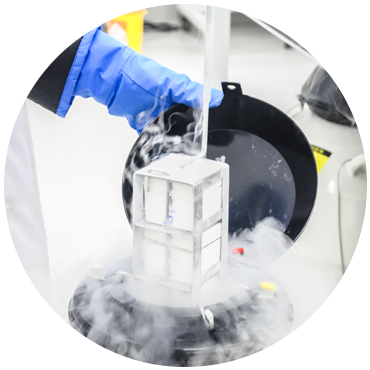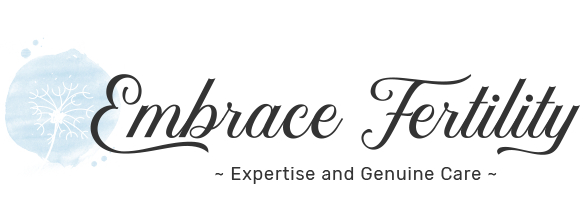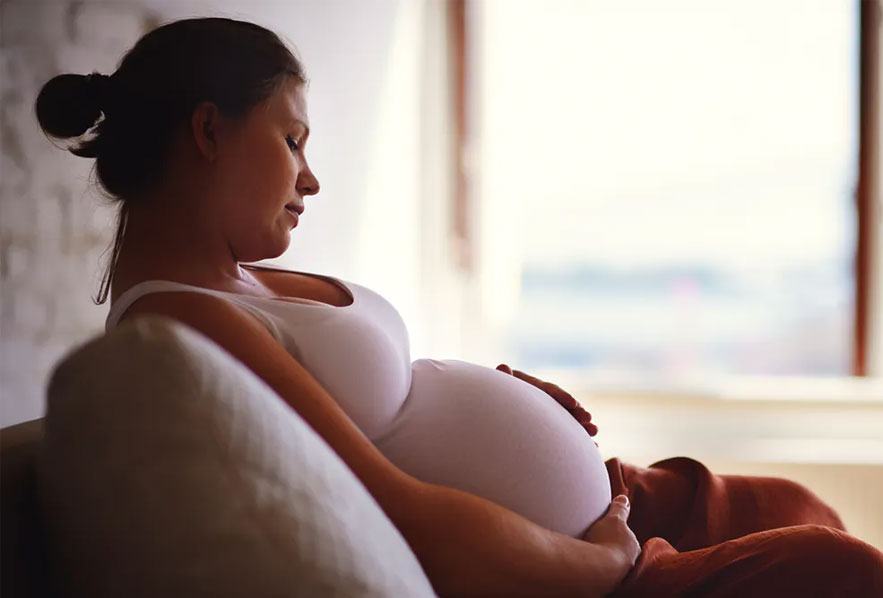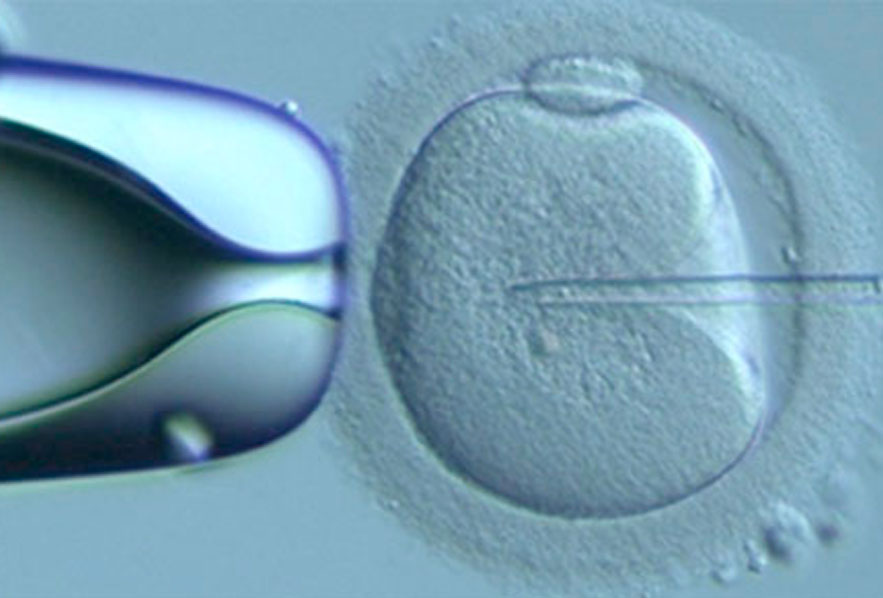Freezing eggs allows women to preserve their fertility. Pregnancy and miscarriage rates remain at the rate of the age you are when you freeze your eggs, not at the rate of the age you are when you use them. The age of the eggs determines the pregnancy rate, the age of the womb doesn’t alter the ability to carry a pregnancy.
Before we could egg freeze, if you were older or had few eggs, the only option was to use donor eggs from a relative, friend or a donor egg program or frozen egg bank. If a woman freezes her eggs when she is younger (ideally in her early 30’s or before if she has low egg numbers or anticipates having low egg numbers eg from chemotherapy), she can act as her own egg donor, preserving her own younger eggs to use when she is older and ready to parent.

What is The Best Age for Egg Freezing?
Age makes a difference when women consider their fertility and having a family. At 25 years if you are trying to conceive, there is a 25% chance of pregnancy each month you try. By 40 years of age the chance of conception each month reduces to 10% and by 45 it is just 1-2%. This is because the number of eggs in the group that the egg that ovulates is chosen from gets smaller with age. Additionally the proportion of eggs that are damaged in this group also gets higher as we age, so it is more difficult to become pregnant and there is a higher chance that a pregnancy will miscarry (see non-invasive genetic testing blog on this website). Freezing eggs is not perfect but it does give women a chance to overcome the biological barriers that make it more difficult to conceive as your age increases.
How many eggs will I get if I choose to freeze them?
We have 3 tests that help us estimate the likely number of eggs you will be able to freeze if you are choose to preserve fertility by egg freezing.



How many eggs do I need to freeze to guarantee a pregnancy?
There is no guarantee of pregnancy. We don’t know about the quality of the future sperm that will fertilise the eggs, nor how the embryos that develop from the eggs, will grow. The chance of pregnancy is on average 7% per egg. The pregnancy rate increases with increasing numbers of eggs up until about 15-20 when pregnancy rates start to plateau. This means that when we get between 15-20 eggs we are reasonably likely to find one that will go on to become a pregnancy and we recommend freezing this number. It is important to remember that some eggs won’t thaw, some won’t fertilize and some of the created embryos won’t grow. We would hope to have 1 to 4 embryos from 15-20 eggs, each of which would have a 50% chance of pregnancy if you were under 36 when you froze them. However there is no guarantee that we would get this number of embryos or that they would become a pregnancy.


Do all women use their eggs?
Egg freezing has only been possible in the last decade when a new rapid freezing process called vitrification was developed. This method was able to protect fragile eggs from damage from ice crystals that used to form when the old slow freezing methods were used. This means that many women who have frozen their eggs over last 10 years may not yet be ready to use them.
So far it seems that about 20% of women that freeze their eggs have decided to use them. We do know that some women don’t use their frozen eggs because they conceive naturally with their partner, because they decide to parent in ways that don’t require their frozen eggs (such as by parenting step children) and some ultimately don’t choose to parent. Many however have chosen to use their frozen eggs and there are many healthy babies that have been conceived through the use of frozen eggs.
What is The Egg Freezing Process?
A frozen egg cycle starts with a period. After contacting the clinic, a daily injection of FSH is given to make up to 15-20 eggs from the group of eggs that are in your ovaries grow. Your body would ovulate when it thinks there is one eggs which is too soon. We stop you from ovulating with another daily injectable medication for 3-6 days. When a good number of follicles have grown to a good size (they are measured by ultrasound scans and blood tests), we tell your brain to trigger ovulation which would happen 40 hours later, the oocyte retrieval (egg pickup) is done 36 hours after the trigger so the eggs are easy to remove from the ovary but haven’t ovulated.
If you use the Mirena coil it can be left in place for an egg freezing cycle but other hormonal medications, like the oral contraceptive pill have to be stopped. Medicare will cover egg freezing costs when there is a medical reason to freeze eggs for example you are having an ovary removed or having chemotherapy or have a medical condition that will impact on fertility.


Summary
Egg freezing is an option women are increasingly choosing to undertake to preserve their fertility. Our methods of egg freezing are now routinely used in clinical practice and do provide a realistic alternative to donor eggs if they have been preserved. Some women have been able to conceive their child using their own eggs, but others have either not chosen to use their frozen eggs or have not been successful using them. We are still learning about this technology and who can best benefit from it and how it can best be used. It is good however to be able to provide egg freezing as another option for women to secure their reproductive future.




